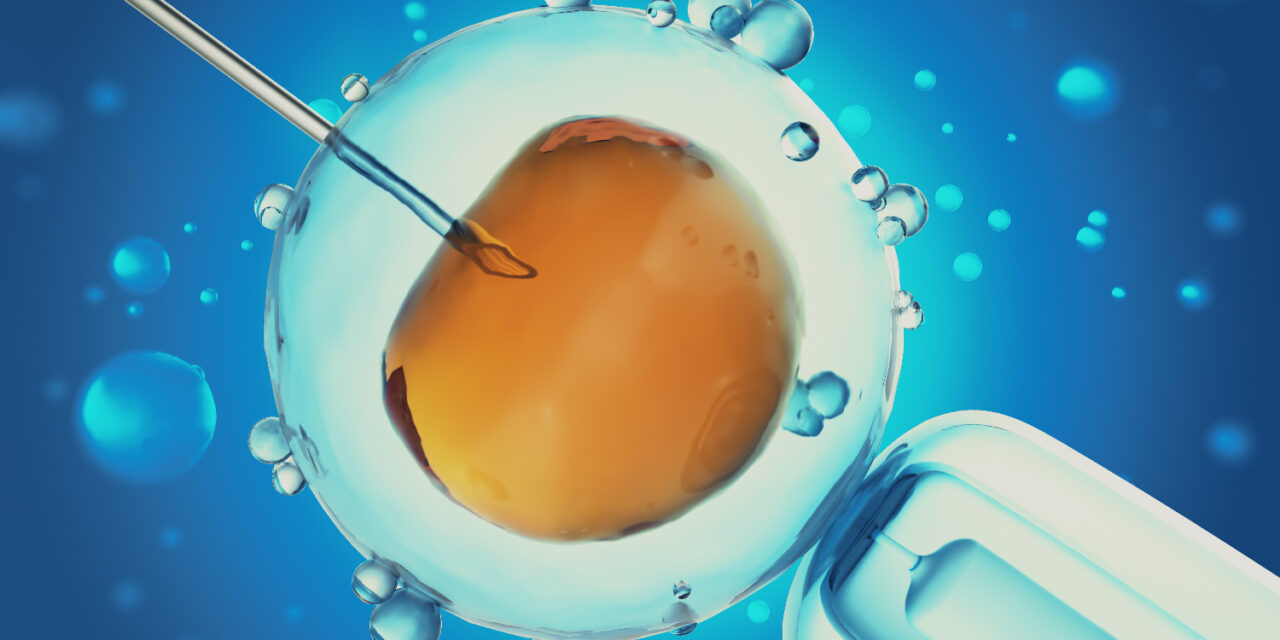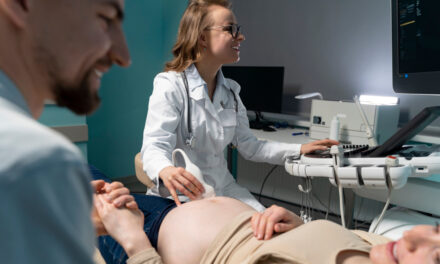In vitro fertilization (IVF) with a donor egg is a powerful assisted reproductive technology (ART). It offers hope to individuals or couples facing infertility due to various reasons. This comprehensive guide explains the IVF with donor egg process step by step. We’ll explore each stage in detail.
Understanding the Need for Donor Eggs
Several factors might lead someone to consider IVF with a donor egg. These include:
- Advanced maternal age
- Premature ovarian failure
- Genetic disorders
- Previous failed IVF cycles
- Poor egg quality
Donor egg IVF offers a chance to experience pregnancy and childbirth. It uses eggs from a healthy donor. These eggs are fertilized with the intended father’s or a donor’s sperm.
The IVF with Donor Egg Journey: A Detailed Breakdown
The IVF process with the donor egg involves several key stages.
- Initial Consultation and Screening
The journey begins with a thorough consultation. Doctors assess the recipient’s medical history and discuss the emotional and logistical aspects. Both the recipient and her partner undergo screening tests to ensure their health.
- Donor Selection and Matching
Choosing the right egg donor is crucial. Recipients can select a known donor (a friend or family member) or use an anonymous donor from an egg bank or agency.
Agencies provide detailed profiles of potential donors. These profiles include:
- Medical history
- Family history
- Physical characteristics
- Educational background
The matching process considers the recipient’s preferences and aims to find a donor who meets their needs.
-
Synchronization of Menstrual Cycles
This step ensures the recipient’s uterus is receptive to the embryo. It involves synchronizing the donor and recipient’s menstrual cycles using hormone medication. This prepares the recipient’s uterine lining for implantation.
- Egg Retrieval from the Donor
The donor undergoes ovarian stimulation. This involves using fertility medications. These medications stimulate the development of multiple eggs. Once the eggs mature, doctors retrieve them. They use a minimally invasive procedure called transvaginal ultrasound aspiration.
- Fertilization and Embryo Development
Embryologists fertilize the retrieved eggs in a laboratory. They use the intended father’s or a donor’s sperm. The fertilized eggs (zygotes) are then monitored. They develop into embryos in a controlled environment.
-
Embryo Transfer
After several days of development, one or two healthy embryos are selected. Doctors carefully transfer them into the recipient’s uterus. This is a simple, outpatient procedure similar to a Pap smear.
- Pregnancy Test and Follow-Up
About two weeks after the embryo transfer, a pregnancy test is performed. If the test is positive, the recipient begins prenatal care. Doctors closely monitor the pregnancy. They ensure a healthy outcome.
Key Considerations and Success Rates
Several factors influence the success of IVF with donor eggs. These include:
- Donor’s age and health
- Recipient’s uterine health
- Laboratory Quality
Donor egg IVF generally has high success rates, often higher than traditional IVF using the recipient’s own eggs.
Emotional and Ethical Aspects
Using donor eggs can bring up complex emotions. It’s important for recipients and their partners to:
- Discuss their feelings openly
- Seek counseling if needed
- Consider the long-term implications
Ethical considerations also play a role. These include donor anonymity and compensation
Financial Aspects of Donor Egg IVF
With so many variables in any procedure, the use of donor eggs can inflate costs across the following:
- The use of ‘reasonable agency fees’
- Payment out to get a donor
- Medication is sorely required.
- A few clinic fees
Remember to ask the clinics you wish to use advisors about costs, as understanding them and knowing a few methods of financing them in the appropriate places may be crucial for everyone.
Advantages of IVF with Donor Egg
- There are better chances of conception than in cases when the woman plans to use her eggs.
- It is possible to carry the child-to-be and give birth to the child.
- A family can be created even with women who are unable to bear any children.
Disadvantages of IVF with Donor Egg
- Money can become a serious hindrance.
- There are psychological barriers associated with the parental type of family: using donor gametes.
- The recipient has to undergo hormone therapy.
Making the decision
It is a personal decision to begin the process of IVF with a donor egg, and if someone hopes to pursue this further, they should Gather all the needed information and Consult with fertility specialists, Do fertility treatments instead of considering subsequent options. The steps involved become the foundation of many who want to become parents.
Conclusion
The process of IVF with donor egg is easy to follow, however IVF is a bit more complex with each of the stages and understandings acting as a light. It enables many people even if just one parent wishes to have children, to relish and experience the process while completely comprehending the steps. The medical steps needed to be taken purposefully help guide the person along with the emotional stress and monetary measures enabling proper decision-making. The person is then ready to start the amending process.





